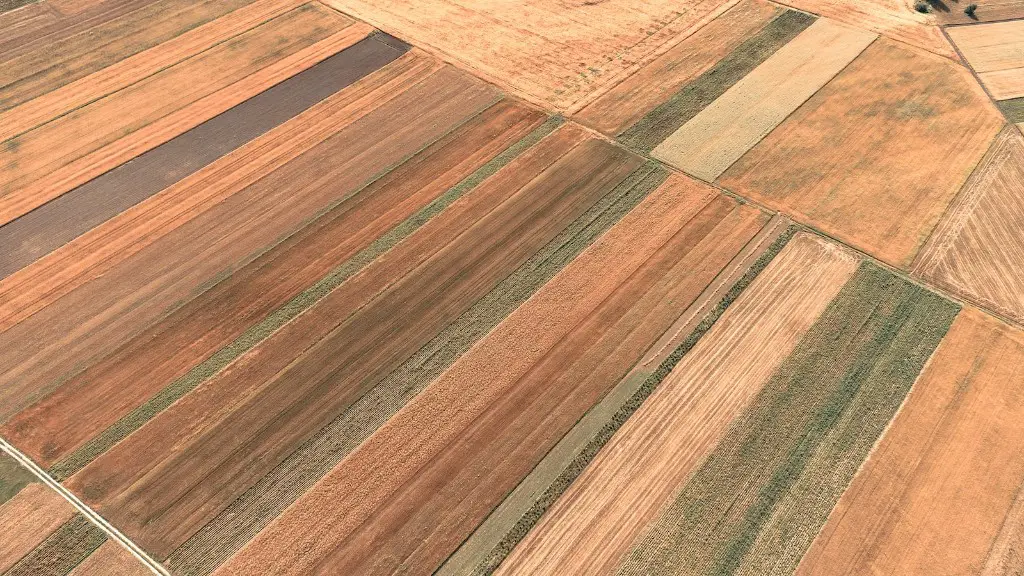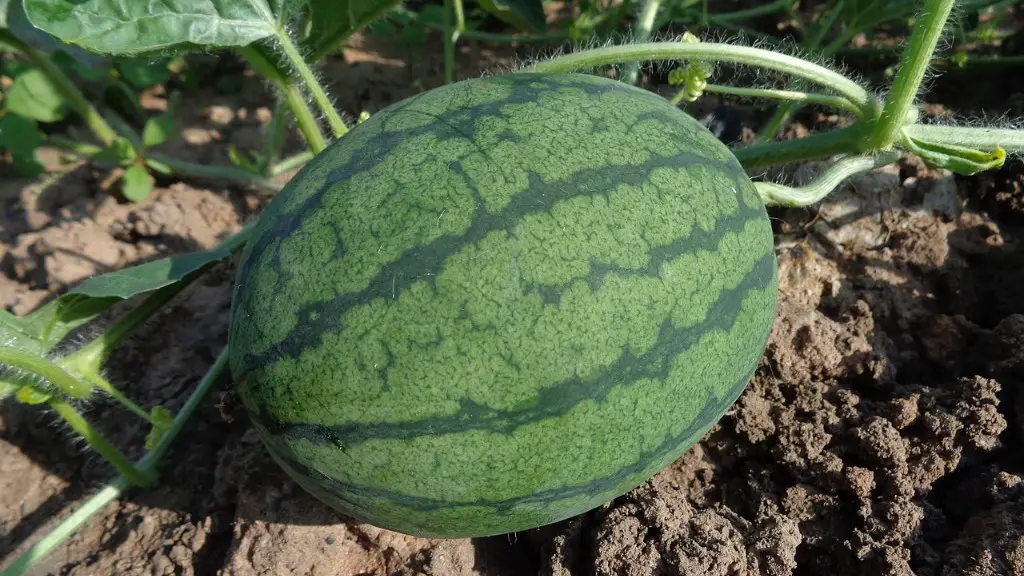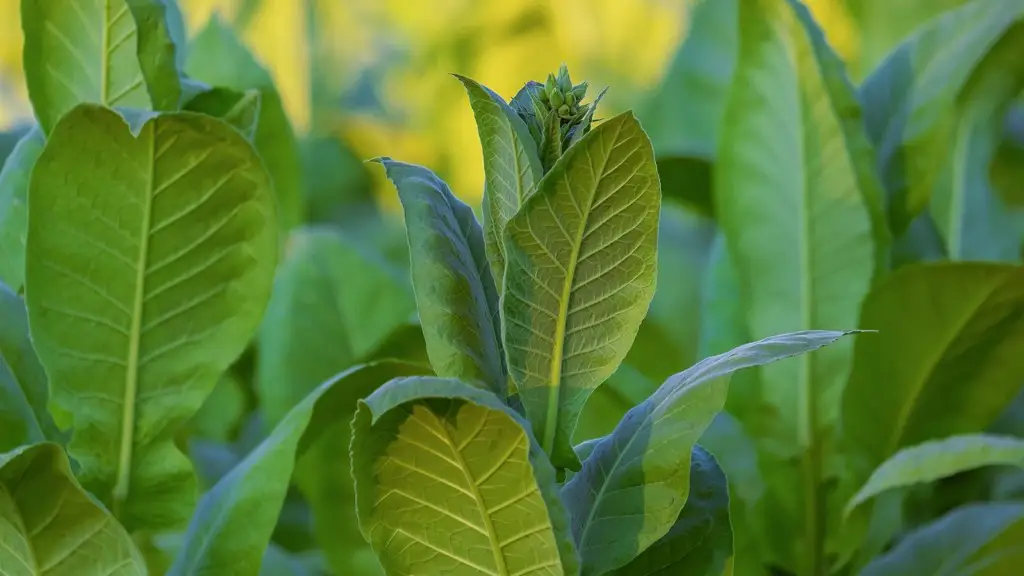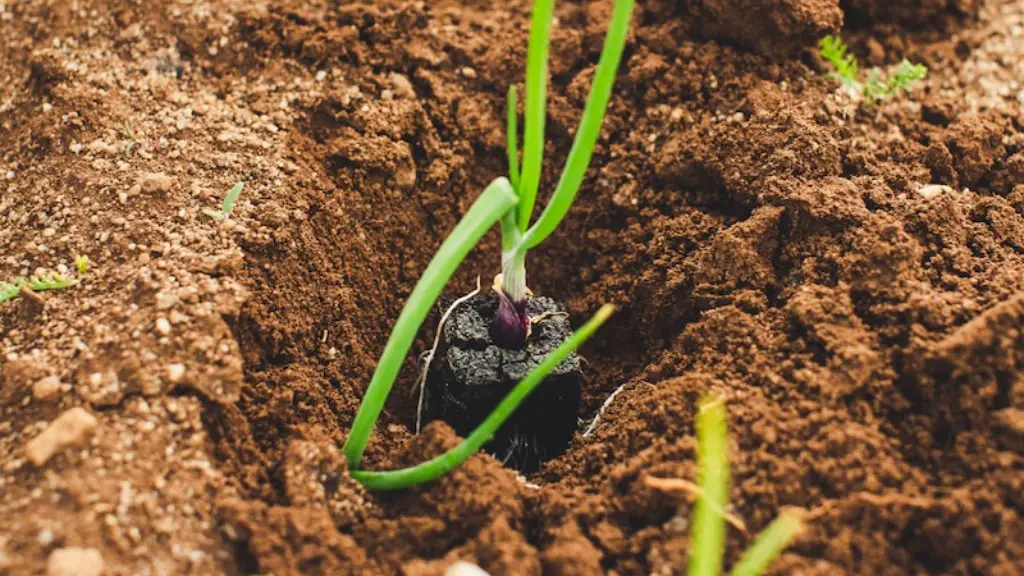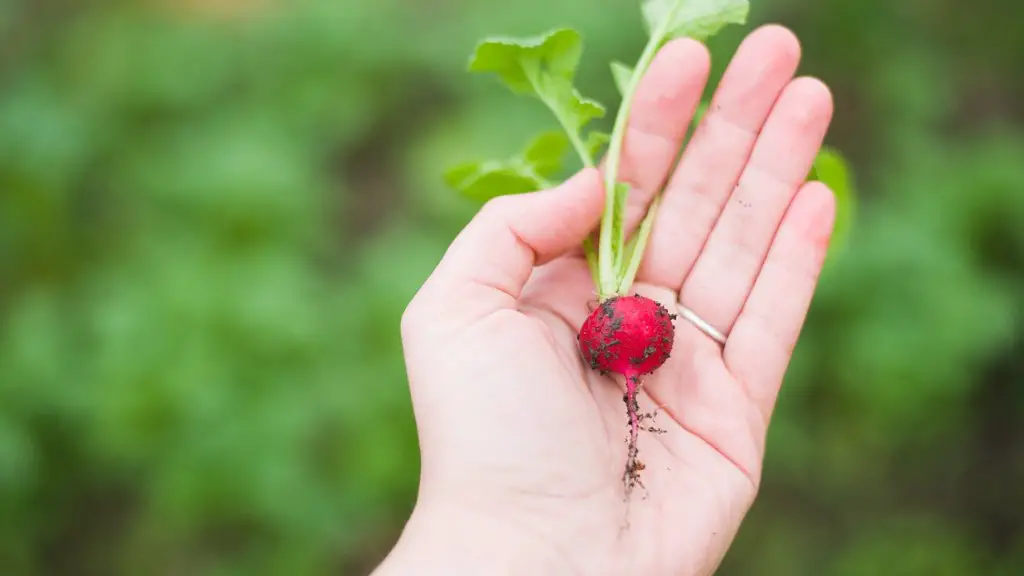In a world where the population is ever increasing and the demand for food ever growing, those who study agriculture are helping to find ways to increase production and improve sustainability. They are working to find solutions to the world’s most pressing problems, and their work is more important now than ever before.
Agriculture is the science and art of cultivating plants and livestock for human use. In its broadest sense, agriculture includes raising livestock, growing crops, and managing natural resources such as water and land. The study of agriculture helps us to better understand how to manage these important resources and produce food and other products that we depend on.
Why should we learn about agriculture?
Agriculture plays a critical role in society by providing food, habitat, and jobs. It is also a major source of raw materials for food and other products. Agriculture helps to build strong economies through trade.
An agricultural science degree program is a great way to learn about food science, animal husbandry, farming, and veterinary medicine. These programs are typically offered through agriculture science departments at colleges and universities around the country. If you’re interested in pursuing a career in agriculture, an agricultural science degree program can give you the skills and knowledge you need to be successful.
What are 3 reasons why agriculture is important
Agriculture is the main source of raw materials for industries. It is also important to international trade as many countries depend on agricultural exports. Agriculture plays a big role in a nation’s revenue and is a major source of employment. It is crucial to a country’s development and can help heal the environment.
1. Agriculture is the source of the food supply: Agriculture is the main source of food for the Nigerian people. The agricultural sector provides food for both local consumption and export.
2. It is a major source of clothing: The textile industry in Nigeria relies heavily on agricultural products such as cotton and wool for the production of fabrics and clothing.
3. Provision of Raw Materials for Industries: Nigeria’s industries also depend on agriculture for the provision of raw materials. For example, the soap industry uses palm oil, which is an agricultural product, as a raw material.
4. Agriculture Creates Jobs Opportunities/Employment: The agricultural sector is a major employer of labor in Nigeria. It is estimated that about 60% of the Nigerian workforce is employed in the agricultural sector.
5. It contributes to the Gross Domestic Product (GDP): Agriculture is a major contributor to the Nigerian economy. The sector contributes about 24% to the country’s GDP.
6. Agriculture Contributes to Foreign Exchange Earnings: Nigeria’s agricultural exports earn the country valuable foreign exchange. This is important for the country’s economic development.
7. It Provides Food for Livestock: Agriculture not only
What is the most important of agriculture?
The agriculture industry is vital to the world’s food supply. Agriculture is responsible for everything from harvesting crops to raising livestock. The agriculture industry meets the daily food needs of vegetarians and carnivores alike.
Farming is a great way to get some exercise and fresh air while also providing a much-needed service to the community. It can be challenging work, but it is also stimulating and provides a sense of purpose. Farming can be a great source of income in rural areas, and it can also help to develop younger generations by teaching them responsibility and giving them a sense of pride in their work. Plus, farming can help the environment by providing healthy food and helping to preserve natural resources.
How important is agriculture in today’s society?
Agriculture provides food, clothing, and shelter. It helps people to enjoy a higher quality of life. Agriculture is the main source of food for many people around the world. It is also a major source of income for many families. Agriculture is also a major source of clothing and shelter.
While agriculture can certainly have negative impacts on the environment, it can also have positive impacts. For instance, agriculture can trap greenhouse gases within crops and soils, or mitigate flood risks through the adoption of certain farming practices. These positive impacts can help offset some of the damage that agriculture can cause.
What agriculture means to me
Agriculture is essential to human life. It provides us with the most basic of things like food, jobs, and clothing. Agriculture gives both humans and animals land and shelter. Agriculture is the way we survive. The US is a major producer of all agricultural products and has almost anything you can think of that has to do with agriculture.
Agriculture is a great way to learn essential life lessons early on. You learn about the unjustness of nature, the importance of perseverance, the value of honesty, and the lasting impact of friendships formed through the lifestyle. These lessons stay with you, and help you build a strong foundation for your future.
Why do we love agriculture?
Agriculture is the backbone of the Indian economy. It is the mainstay of our rural population and provides employment to a large section of our workforce. It is also an important source of food and raw materials for our industries.
Despite all these advantages, agriculture has not been able to make a significant dent in poverty. In fact, the number of poor people in India has actually increased in recent years. The main reason for this is that agriculture is a very risky enterprise. The weather can be unpredictable, which can lead to crop failures. Also, prices for agricultural products can fluctuate widely, which can make it difficult for farmers to make a profit.
The key to reducing poverty through agriculture is to make it more efficient and productive. This can be done by investing in better seeds and irrigation, providing farmers with credit and insurance, and improving market access. With the right policies in place, agriculture can be a powerful tool for poverty reduction.
The agriculture industry is a critical part of our world and without it, we would not be able to feed our growing population. The industry is constantly adapting and developing new technology and science in order to maintain our populations’ needs. I realize that this development will further expand the future of agriculture.
What is interesting about agriculture
The American farmer is a vital part of the food ecosystem, both in the US and abroad. They produce food and fiber for 165 people annually, and 8 percent of them market foods locally through farmers’ markets and food hubs. A high-producing dairy cow can yield 105 pounds of cheese in one day, and women make up 30 percent of today’s farmers.
Did you know that agriculture is the single largest employer in the world? There are 914 million acres of farmland just in the US! The average US farmer can feed 155 people, which is pretty amazing. Beef farming accounts for 29% of American farms, which is a pretty significant amount. Agriculture is a huge industry and it’s fascinating to learn all about it!
Is it hard to study agriculture?
No, BSc Agriculture is not a tough course. It is a course that requires you to have a strong interest in the subject matter and a willingness to learn. The course is also very flexible, so you can tailor it to your own interests and goals. There is a lot of practical work involved, but this is also one of the most rewarding aspects of the course.
Agricultural education is a vital tool in developing the next generation of farmers and agriculture professionals. It provides students with the essential knowledge and skills needed to succeed in the industry. Agricultural education programs help students learn about the science and technology of plant and animal production, as well as the environmental and natural resources systems. Through these programs, students gain a deep understanding of the agricultural industry and the challenges it faces.
Warp Up
There are many reasons to study agriculture. Agriculture is the science and art of cultivating plants and livestock for food, fiber, fuel, and other products. It includes the study of how to improve crop yields, how to prevent livestock diseases, and how to use natural resources such as land, water, and air more sustainably. Additionally, agricultural research can help solve global challenges such as food insecurity and climate change.
There are many reasons why someone might study agriculture. Maybe they come from a family of farmers and want to carry on the tradition. Maybe they are interested in the science of agriculture and how to make it more efficient. Maybe they want to work in the agriculture industry and help to feed the world. Whatever the reason, studying agriculture can be a very rewarding experience.
